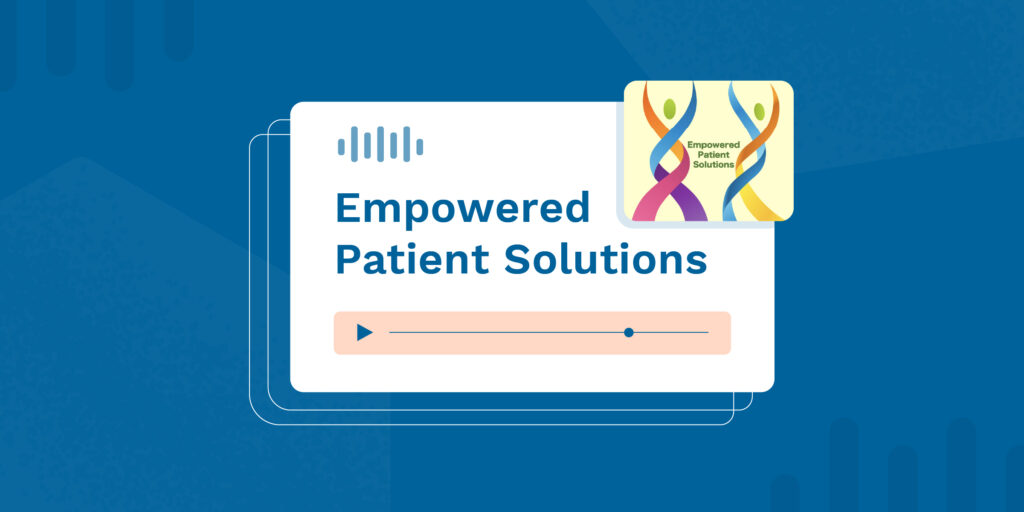Medicine is full of instances where the solution for one problem happens to work well for another. Take aspirin, for example. Originally prescribed as a pain reliever, some doctors now recommend it to prevent heart attack and stroke.
Another example is electronic health records (EHRs). First developed to satisfy meaningful use requirements, EHRs have evolved to include patient portals, apps, and electronic communications—tools that increase patient engagement. And there is evidence that these tools contribute to better health outcomes. In fact, 84% of people factor in the availability of patient engagement technology when choosing a doctor.
Here are some of the ways technology is improving the patient experience.
E-connections mean higher satisfaction
Connecting with their doctors electronically (such as through email and text) or via a patient portal influences how patients feel about their care. Black Book Research found that when people can access their medical records via an EHR, they are more satisfied with their healthcare. Conversely, 92% of patients express dissatisfaction when they can’t get immediate access to their health records.
House calls reimagined
In a Virtual Visits Consumer Choice Survey of over 5,000 patients, 77% of respondents said they are interested in telemedicine and 19% have already engaged with a virtual healthcare provider. Physicians appreciate telehealth, too—according to HIMSS Analytics data, over 70% of providers are using tools for virtual office visits.
Patients keep appointments
Doctor’s offices that send text message appointment reminders have almost 20% fewer no-shows. An Accenture study found that 70% of patients said they were more likely to see a doctor who offered the ability to send appointment reminders via text or email.
Apps for better health outcomes
Medical apps can help patients prepare for surgical procedures and control health conditions. Carol Peden, Executive Director of the University of Southern California’s Center for Health System Innovation, says “We could send [patients] alerts about potential ways to improve their outcome, such as doing exercises or deep breathing ahead of surgery.” She also feels apps help prompt discussions between doctors and patients about pre-surgery health, including healthy eating and quitting tobacco. {We don’t have apps for patients, just drs}
Generational differences
Younger patients (Gen X and Y) expect their providers to offer technology as part of their healthcare, specifically with apps and telemedicine. While they want a personal relationship with their doctor, they prefer electronic over in-person communications. Older patients, on the other hand, also use technology, but put a higher value on in-person interactions with their physician.
The secret is to implement the technology that best fits your practice and the patients you serve.




